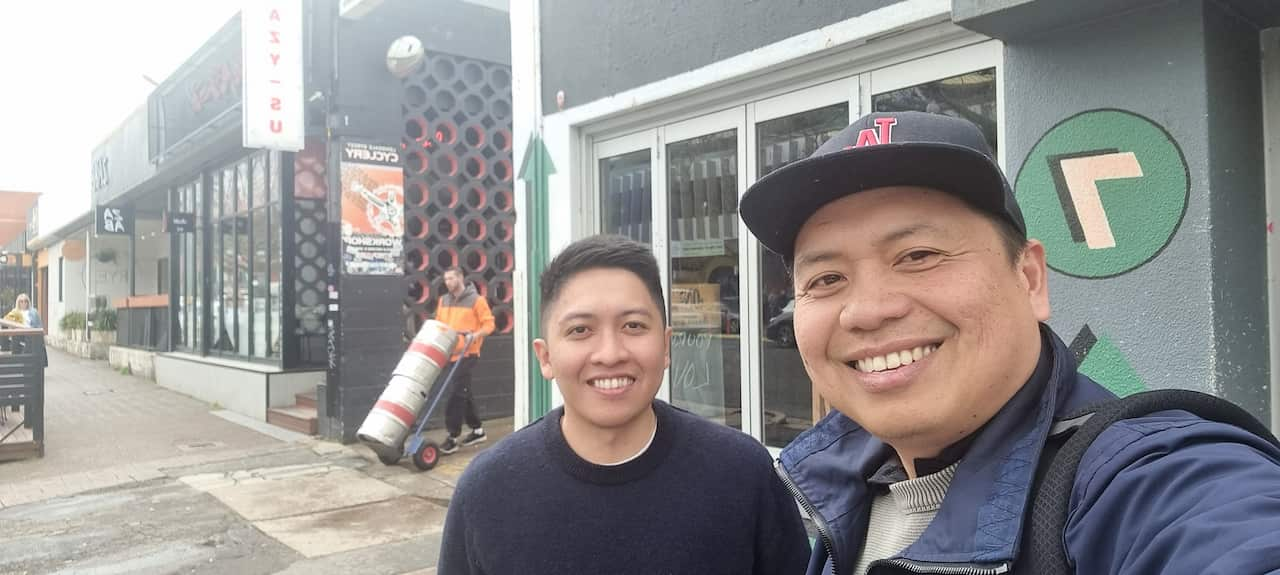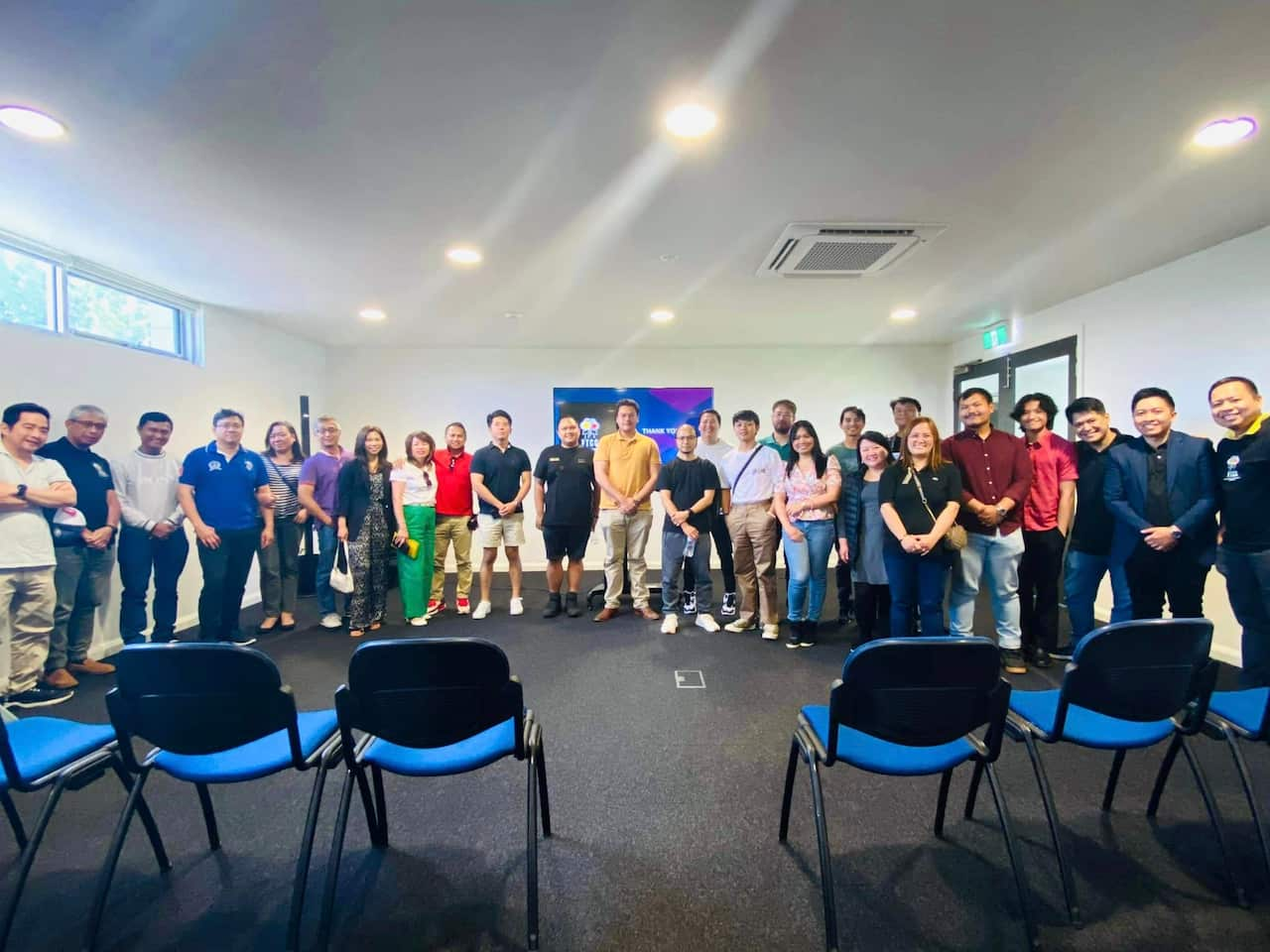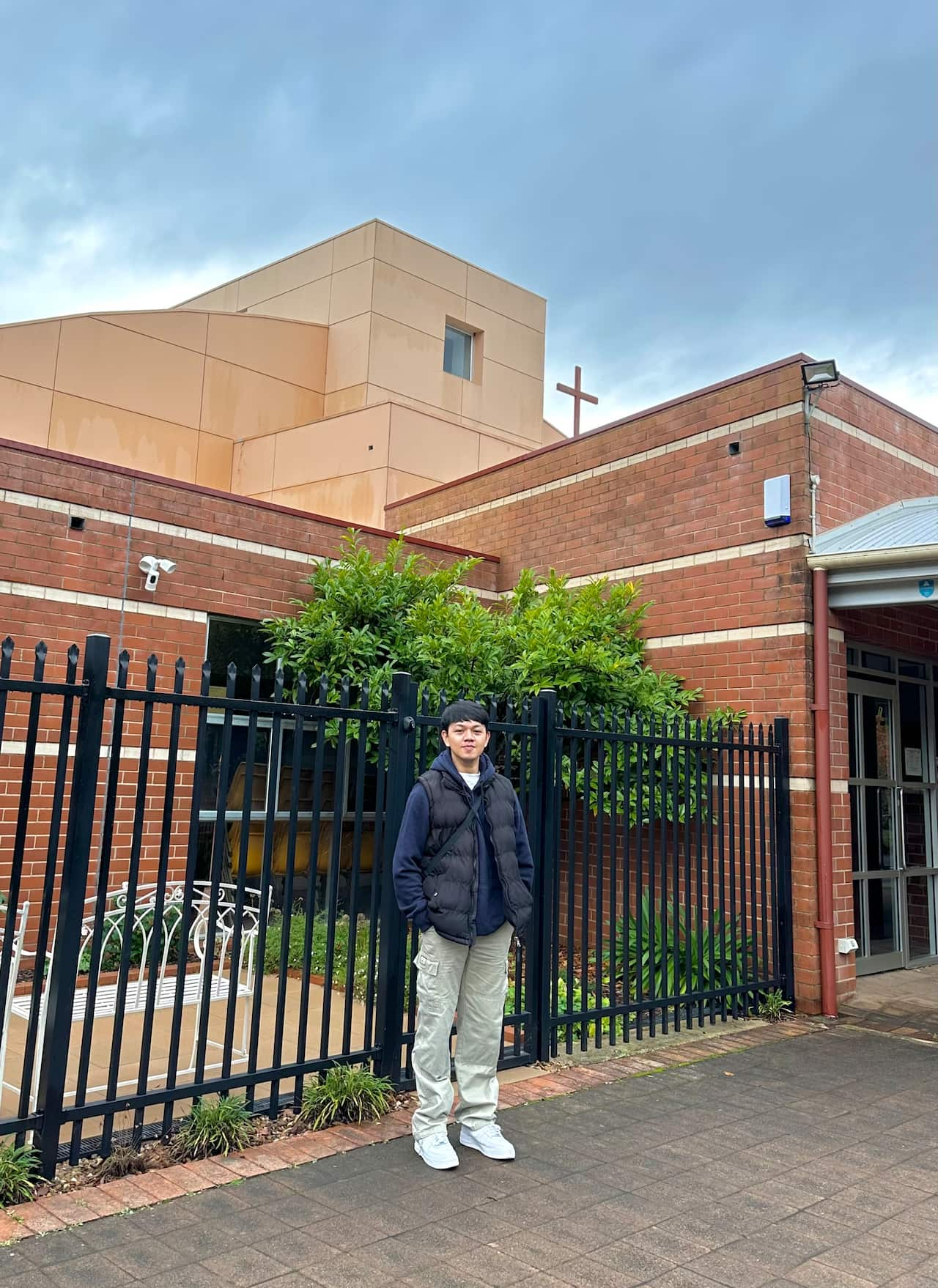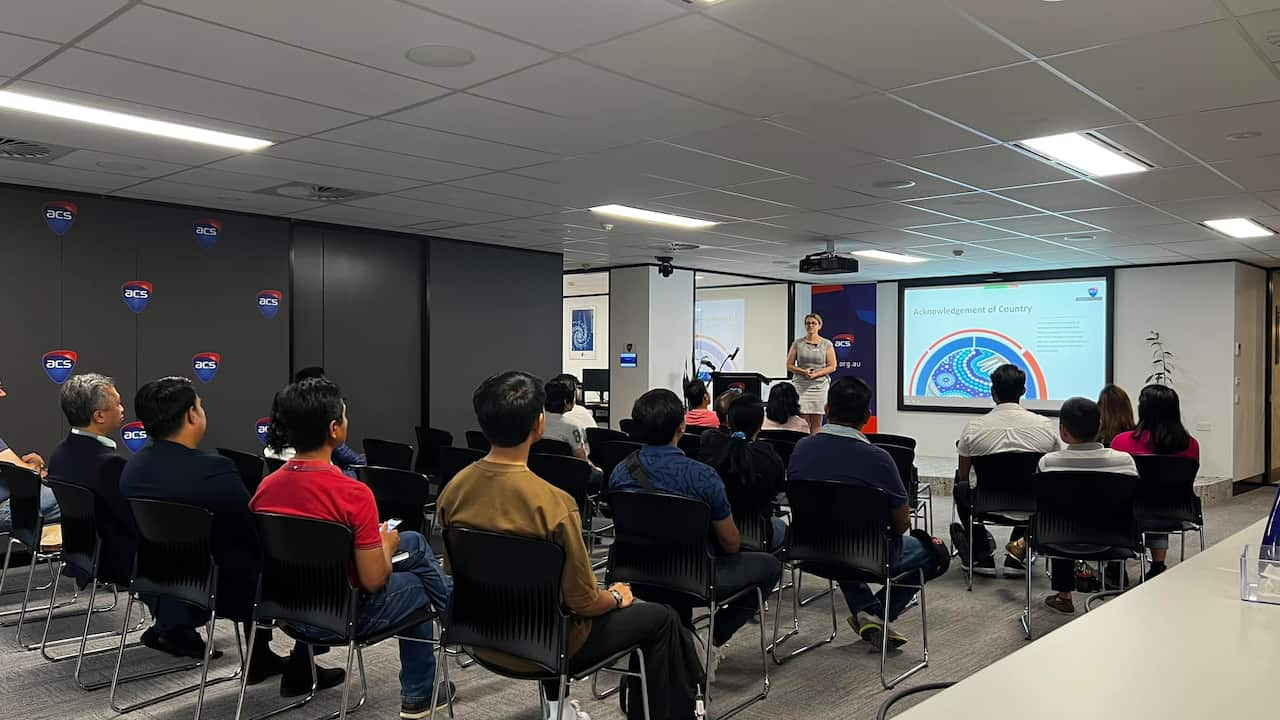Key Points
- Filipino Tech Community Canberra connects, supports and upskills Filipino ICT professionals in the ACT.
- The Tech Council of Australia and ACS Digital Pulse 2022 reports found that Australia needs 1.2 million tech workers by 2030 and a more diverse tech workforce, particularly women and workers from culturally diverse backgrounds.
- Curiosity, growth mindset and mentorship help IT professionals keep up with the fast-evolving tech industry.
As the Information and Communications Technology (ICT) industry calls for a more diverse workforce, Filipinos are starting to get their share of the high-paying and fast-evolving sector.
Michael Calizo and Carie Vito, both ICT professionals in Canberra, saw the increasing number of Filipino tech professionals in the ACT and the need to organise a professional community that will provide support, mentorship, and opportunities for the growing cohort.
Michael Calizo and Carie Vito, the minds behind creating Filipino Tech Community Canberra.
Filipino Tech Community in Canberra
The idea of establishing the Filipino Tech Community Canberra (FTCC) started when Calizo and Vito met at an IT event in Canberra in 2022. Following their initial meeting, they caught up again and agreed to establish a Filipino ICT group in the capital that will support Filipinos in the Australian tech sector.
FTCC organises workshops, information sessions, and networking events to help Filipinos learn new technologies, share information, and meet potential employers.
Vito explains their group’s mission.
The mission of FTCC is to connect, support, and upskill Filipino ICT professionals and those who aspire to enter the tech industry, which is currently in need of more workers
The Australian Government and the tech sector share a commitment to achieve 1.2 million tech jobs in Australia by 2030 – a goal that is critical to support an industry being challenged by skill shortages.
Calizo says the FTTC is creating a platform for Filipinos to connect and exchange ideas through networking and collaboration. He says this helps members advance their IT careers.
Filipino Tech Community Canberra members attending an information session event.
“Filipinos are excellent at what we do, but we need to create a brand and digital footprint to progress our careers and remain competitive,” Calizo explains.
The IT sector is a fast-paced industry, with new cutting-edge technologies being introduced in AI, machine learning, cloud, data centres and networking almost instantaneously.
To stay relevant and employable in the sector, Filipino IT professionals need to learn new skills and undertake enablement training.
Australia’s tech workforce emergency is Filipino IT professionals’ opportunity
The and reports released in 2022 suggest that Australia needs to increase the number of IT workers and grow a more diverse workforce, particularly more women and workers from culturally diverse backgrounds to fill the shortages.
“The challenge for Filipinos, particularly those on temporary and international student visas, is to get into the jobs,” Vito points out.
Vito says most of the IT-related jobs in Canberra require either Australian citizenship or a permanent residence visa status, while temporary migrants with valid working rights can work in agencies that supply human resources to some private companies.
FTCC helps Filipinos realise their dream to stay permanently in Australia by carving a professional pathway into the IT sector such as linking them with the Australian Computer Society, the Australian assessing body for IT professionals, for skills assessment information.
Some of the Filipino Tech Community Canberra executive team members in an online planning session.
Calizo, on the other hand, encourages Filipinos who are already in the sector to continuously upskill and invest time to learn. He emphasises the importance of informative conversations and creating a space for collaboration where people can learn new technologies with the help of mentors and professional groups.
“I call on other Filipinos who are willing to share their expertise to become a resource spokesperson in our training sessions, to inspire up-and-coming ICT professionals and equip them with skills to be successful in the sector,” he says.
Curiosity, growth mindset, and mentorship
Calizo and Vito explaine that FTCC not only offers mentorship, training, and networking opportunities but also encourages curiosity and drives a growth mindset.
“Learn and be curious,” Vito shares.
Calizo adds that it is also important to look for mentors who can help with personal and professional development.
Meljun Velasquez, an international student and FTCC member, in Canberra
Meljun Velasquez, an IT international student in Canberra, says he learned a lot from joining the FTCC.
“It is a great program with multiple learning outcomes and allows you to pursue a specific stream that you are an expert in such as networking, web development & programming, and cyber security.”
When Velasquez moved to Canberra in September 2022, he began to search for groups that will help him in his career. He looked through Filipino Facebook groups until he received an invitation to join FTCC.
“Without hesitation, I joined the community. FTCC organises different conferences and meetings that allow me to meet successful people working in the government, private sector and entrepreneurs.”
Aside from the network of people I meet, it is the words of encouragement that give me the drive to pursue my dream.
Meljun Velasquez attending an FTCC-organised event with Vicki Gardiner, Australian Computer Society Canberra chapter branch manager, as one of the speakers.
Velasquez benefits from FTCC events and the valuable experience helps him to become an effective practitioner with the right mindset and skills.
Calizo and Vito believe that there is more that the Filipino community can do to support each other, building a path for a stronger representation in the ICT industry.
“At the end of the day, Carie and I started FTCC to give back to the community and hopefully encourage other accomplished Filipinos to support other Pinoys who are still finding their feet in the tech sector,” Calizo shares.





